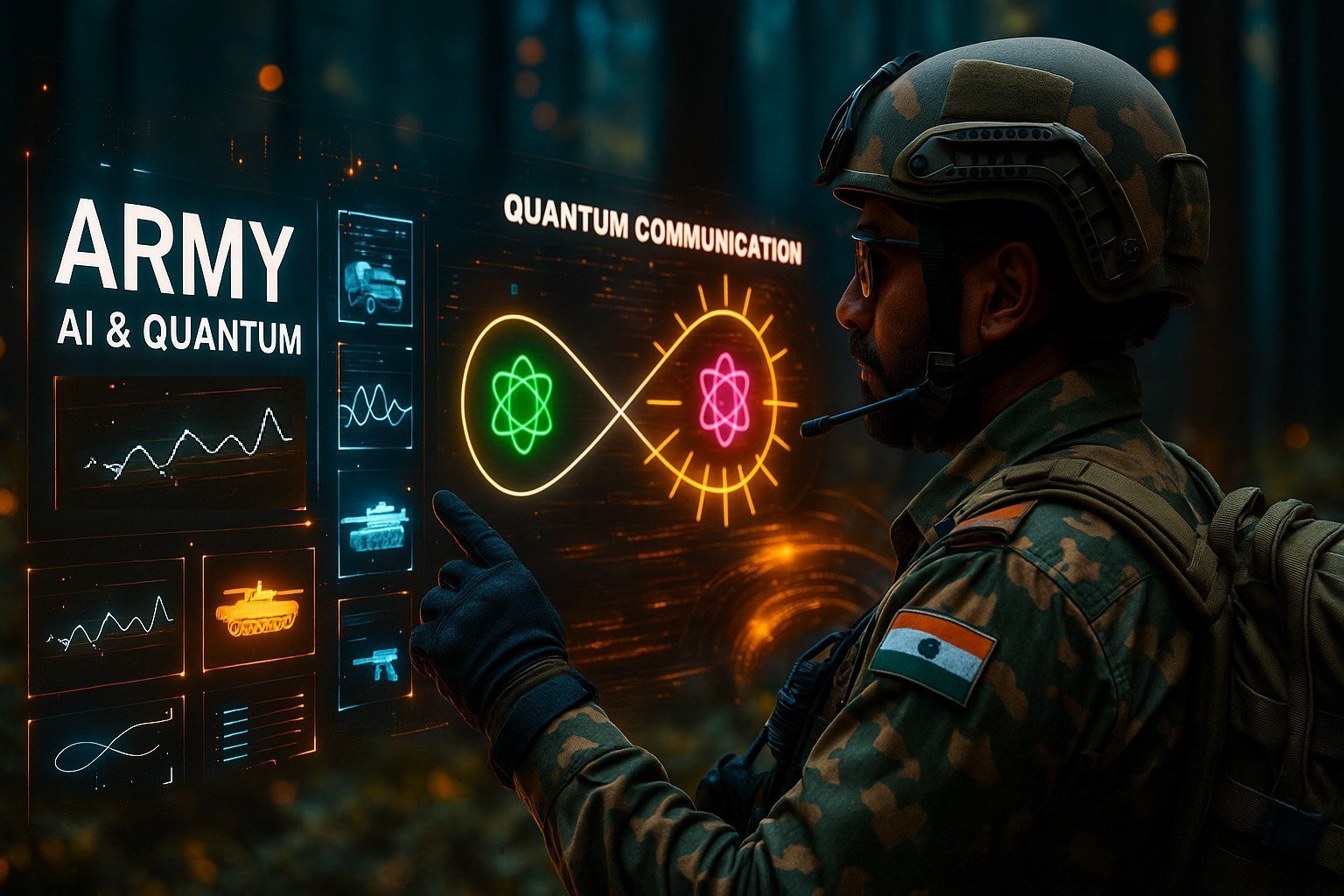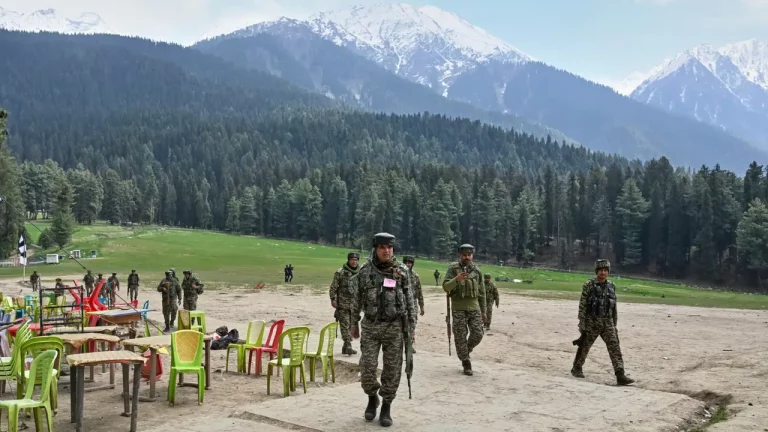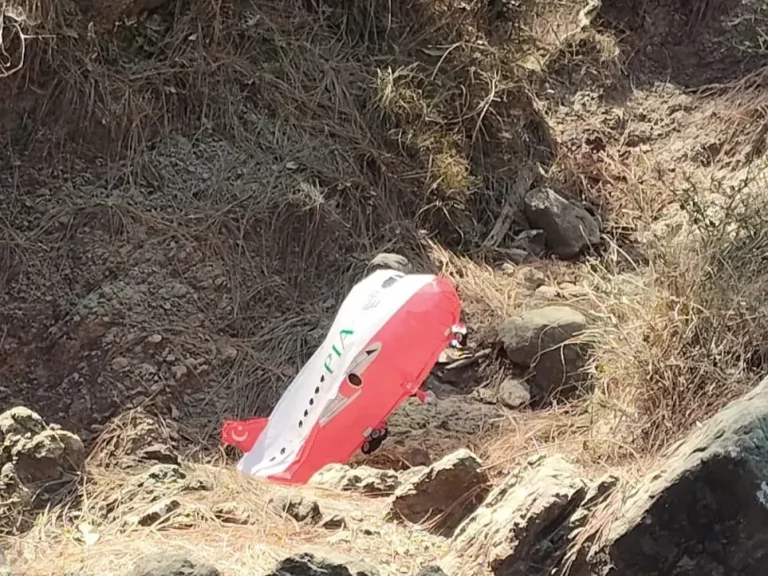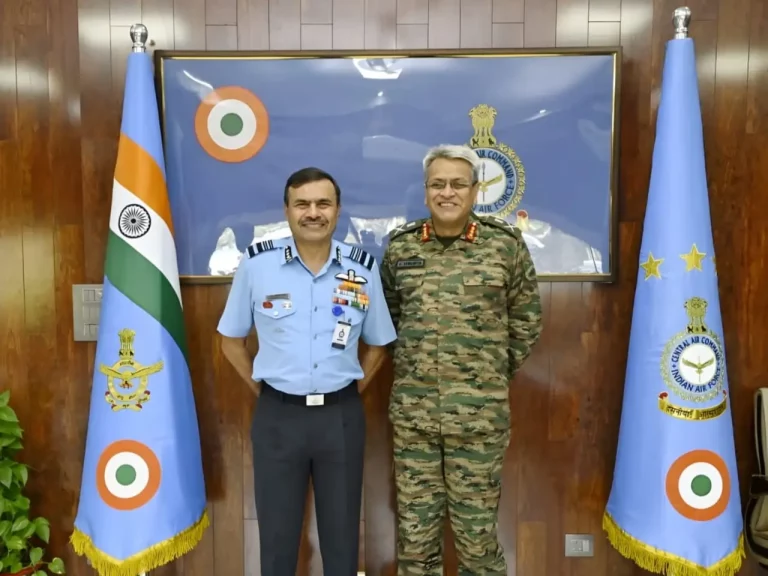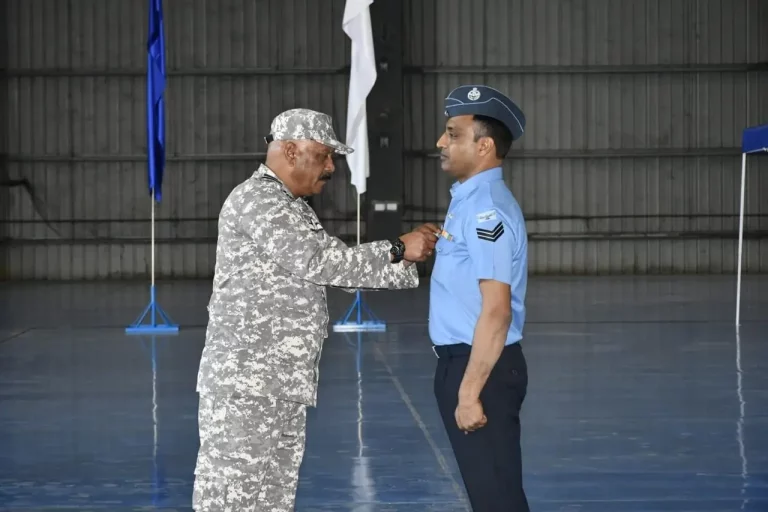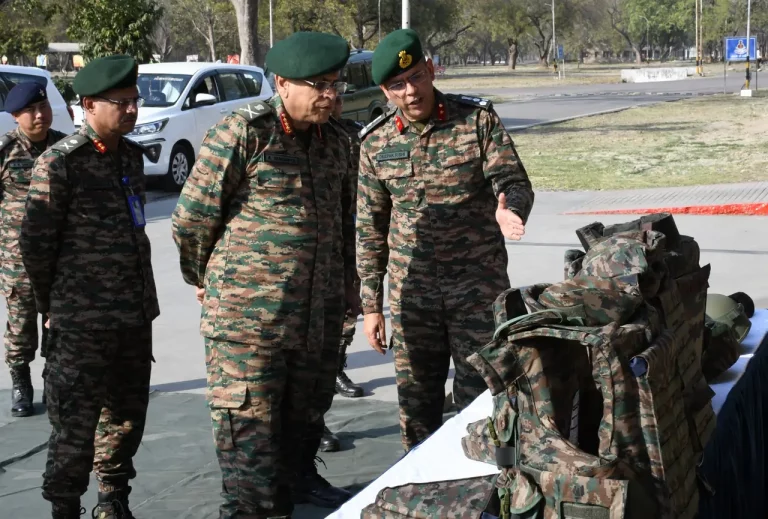The Indian Army has achieved a significant technological advancement by integrating indigenous Post-Quantum Cryptography (PQC) solutions into its communication networks. This initiative, spearheaded by the Military College of Telecommunication Engineering (MCTE) in Mhow, aligns with the Army’s Chief of Staff’s vision for a modernized technological framework.
PQC is designed to protect communication against the potential threats posed by future quantum computers, which have the capability to decode traditional encryption systems. By incorporating these advanced cryptographic measures into operational frameworks, the Indian Army is enhancing its information security and preparing for unforeseen challenges in the cyber and communication sectors.
Central to this development is the establishment of a Quantum Lab at MCTE, supported by the National Security Council Secretariat (NSCS). The lab is focusing on innovative areas such as Quantum Computing, Quantum Key Distribution, and Quantum Communication, enabling the Indian armed forces to maintain technological competitiveness on the global stage.
This move comes as part of a wider transformation led by the Army Technology Board, which has significantly expanded its project portfolio under the leadership of General Upendra Dwivedi. The board’s projects have increased from 17 to 62, reflecting a commitment to technological advancement. Additionally, a ₹500 crore investment through the Innovations for Defence Excellence (iDEX) initiative is fueling indigenous research and development, particularly in high-end technologies where global competition with nations like the U.S., China, and Russia is rapidly escalating.
Experts believe that the implementation of PQC could revolutionize battlefield communications and enhance data integrity, offering a crucial advantage in scenarios where conventional networks may be susceptible to interception and disruption. A recent study published in the Journal of Defense Technology highlighted quantum communication as a fundamental component of a secure and resilient military infrastructure.
This initiative also aligns with India’s Atmanirbhar Bharat agenda, emphasizing self-reliance in developing homegrown defense technologies essential for national security. As the Army continues to integrate these innovations into its digital systems, this development signals a shift towards next-generation warfare capabilities, with a strong emphasis on quantum readiness at its core.
